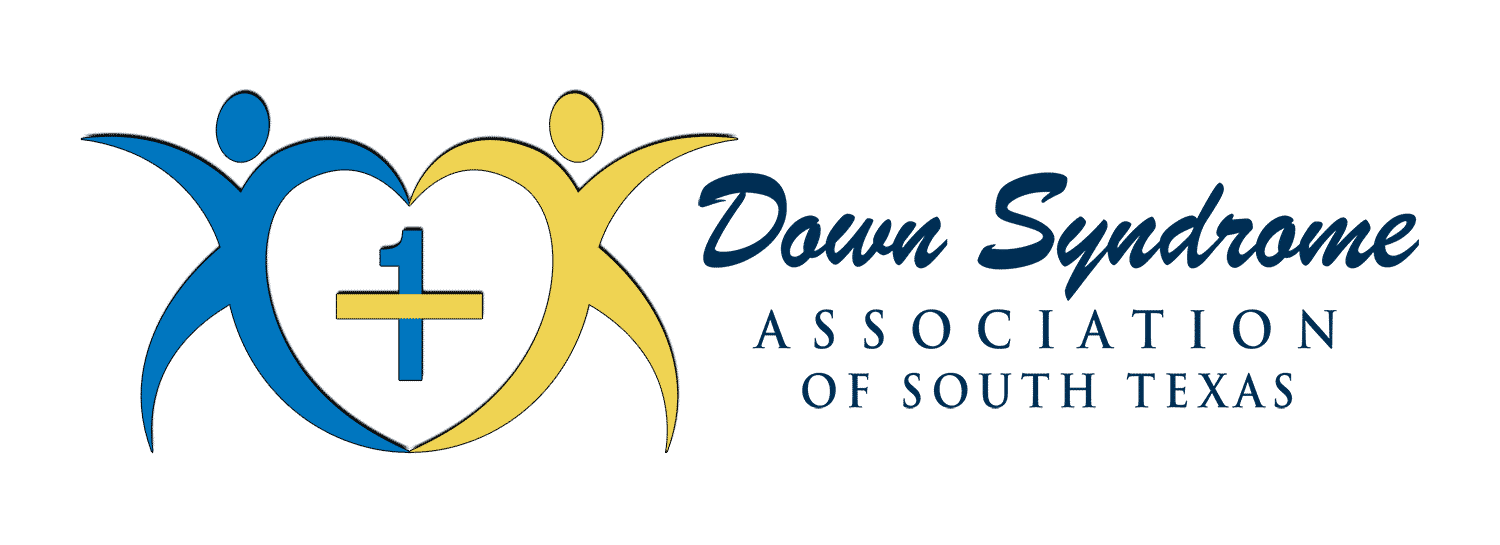
The topic for our blog this month is advocacy in ARD committee meetings.
So, let’s start with the concept of Advocacy. Advocacy used in the world of special education usually means that parents and school staff disagree over some aspect of their child’s program. However, advocacy also means sharing our perceptions, dreams, hopes, and ideas for our children with others. I think the lesson here is that everyone, including school staff, comes to the ARD table with their own perceptions, hopes, and ideas for the child’s educational program. Perceptions, hopes, and dreams are yours alone, but ideas can and should be topics for productive discussion. Ultimately, these ideas become the foundation and justification for the educational plans developed for our children. Only through discussion can we begin to understand the interests of everyone else who sits at the ARD table. When we understand the WHY behind ideas, then we begin the road to collaboration. And it is through collaboration that ARD committees reach a consensus.
In all my years of experience as both a mother of a young adult with a disability and also as a special education administrator, the most powerful tip for ARD committee members is to ask one simple question: How can we (the ARD team) create a program so that (ideas and outcomes that parents bring to the table) while at the same time (ideas and outcomes that the school staff bring to the table)? In other words, how can the ARD team members plan a program that incorporates the parents’ ideas as well as ideas from the school staff?
When this question is asked, no matter who asks it, the road is paved for the big C’s: cooperation, collaboration, communication, and consensus, and advocacy does not need to be a four-letter word.
